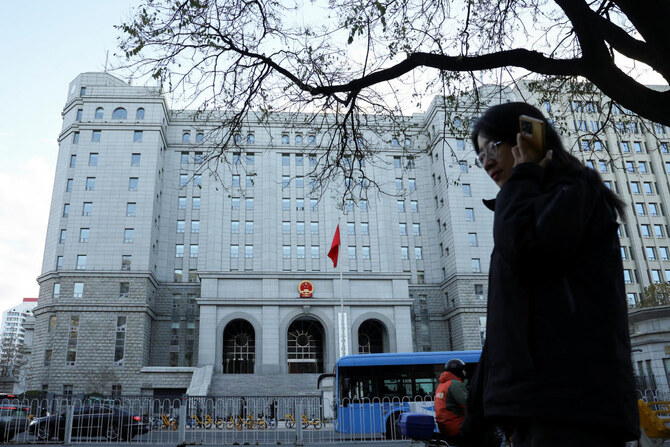DUBAI: WARC, TikTok and advertising conglomerate Publicis Groupe have together released a report exploring the role of social communities in influencing purchase decisions.
“As social media’s popularity and influence continue to grow, community commerce is rapidly evolving to provide an innovative, effective and fast-paced way for brands and retailers to sell directly to consumers,” said Alex Brownsell, a senior editor at WARC.
The report, titled “From Discovery to Purchase: The Role of Community Commerce,” said social commerce describes the growing retail opportunities and solutions presented by social media. Community commerce is a narrower subset that specifically refers to entertaining, compelling content, often by creators, that just happens to feature brands.
As more people spend time on social media, community commerce sits at the intersection of community, shopping and entertainment. With a non-intrusive and authentic approach, brands can fit seamlessly into this social environment and engage with audiences by connecting around specific interests or hashtags.
“The intersection of community, shopping and entertainment is what’s really different about TikTok. I can move from being entertained by my favorite creators into a shopping moment — or telling my friends about it or sharing it — pretty easily,” said Amy Lanzi, EVP, North America practice lead, Publicis Commerce.
Social platforms have disrupted the path to purchase by spontaneously inspiring users to shop as they discover new products. In fact, social platforms inspired 70 percent of consumers to shop, even when they were not looking to, according to the report.
Moreover, an average of 85 percent have purchased a product or service after seeing it advertized or reviewed on social media and 77 percent said that social platforms helped them get ideas about brands and products they had never thought of before.

“The funnel has collapsed and impulse buying is at an all-time high; people are spending more time on social media platforms, so why not go where the consumer is?” said Ryan Hartsfield, social media director at Monster Energy.
Up until now, beauty and fashion categories were the leaders in the social media space, said Daniela Mercado, head of mobile marketing, Samsung Electronics America. Because of their success, more expensive categories — like luxury and automotive — are now following.
Due to this emerging consumer behavior, brands have an opportunity to connect with their audiences in an entirely new way and spur on-the-spot decisions. An effective way of doing this is by partnering with creators who already have the followers and the ability to inspire and influence them.
Content creators boost discovery (78 percent), educate and inform their audiences (76 percent), and inspire their audiences to try new products (73 percent). Creators and social communities are the new version of “word-of-mouth,” making it a powerful medium for brands.

“Influencers are really important because they each have their own reason for loving our brands. It’s fun to discover why someone is using our products, and we like to elevate and share those voices of discovery because they are authentic and true,” said Kevin Shapiro, SVP, US marketing in consumer beauty, Coty.
The report also found that the purchase funnel has collapsed, with the line between content and commerce becoming increasingly blurry. On average, across social media platforms, only 14 percent of purchases were planned.
It is evident that the rise of community commerce presents great potential for brands. However, it’s important for brands to stay true to the platform they choose and the creators they work with.
“We need to remember that people don’t go on social media to purchase — they go to interact, to check on their friends and favorite celebrities, to engage with content and follow their interests,” said Krinio Christaras, head of media and consumer experience MENAP, Mondelēz International.
She added: “With great content — be it user-generated content, the use of influencers, or brand content — that’s fit for the platform, you give them a great experience, and through that, you give them that opportunity to buy.”
FAST FACTS
On average, 77 percent say that social platforms help them get ideas about brands and products they’d never thought of before.
85 percent have purchased a product or service after seeing it advertised or reviewed on social media.
Social platforms inspire 70 percent of consumers to shop.
Across social media platforms, on average, only 14 percent of purchases were planned.
Content creators boost discovery (78 percent), educate and inform their audiences (76 percent), and inspire their audiences to try new products (73 percent).




























